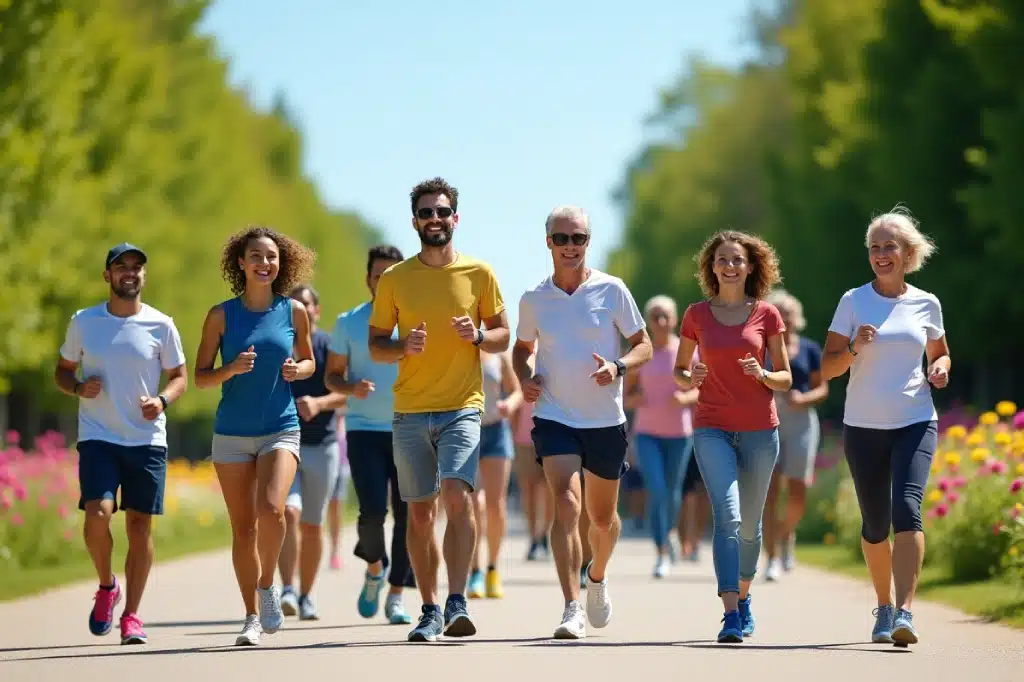A major long-term U.S. study has found that just 15 minutes of brisk walking each day is linked to a nearly 20% lower risk of dying early, especially from heart disease. This effect holds even for people who live in low-income communities or walk slowly most of the time.
What the Research Found
- The study followed almost 80,000 adults aged 40–79 over about 16.7 years, mostly from low-income communities and with around 66% Black participants
- Participants who walked fast just 15 minutes daily experienced a 19–20% reduction in all-cause mortality, including less death from cardiovascular disease
- Walking slowly—even for three hours per day—offered only a small mortality reduction (about 4%) and was not statistically significant
Why Fast Walking Works
- Fast walking improves heart efficiency, lowers blood pressure, reduces cholesterol, and helps maintain a healthy weight
- It’s a simple, low-impact activity that almost anyone can do, regardless of age or fitness level
- The study showed that even those already walking slowly benefited by adding a small amount of brisk movement
Key Takeaways for Everyday People
- Only 15 minutes of fast walking per day can make a measurable difference in longevity.
- It is especially impactful for underserved communities that have limited access to gyms or safe walking areas
- Even if you already walk slowly or engage in light activity, adding brisk walking matters.
Tips to Make It Work for You
- Walk briskly—about 3 mph or a pace that elevates your heart rate but still lets you talk.
- Aim for 15 minutes daily, or even just 5 minutes if you’re starting out, and build up slowly.
- Choose safe walking routes, indoors or outdoors, where you feel comfortable.
- Use fast walking as a break—like walking up stairs, pacing while waiting, or short neighborhood loops.
- Stay consistent—even short bursts count as powerful contributors to long-term health.
What This Study Can’t Tell Us
- The study relied on self-reported walking habits from a single survey—people’s pace or routines may have changed over time
- It cannot definitively prove direct cause and effect—but the association is strong and consistent.
- More research is needed to confirm results in other populations and among people with serious health conditions.
Conclusion
Fast walking for just 15 minutes a day offers a powerful, low-cost way to extend life expectancy—especially in communities facing economic and health disparities. It’s a feasible habit for most people and provides significant benefits for heart health and overall mortality.
If you can walk at a brisk pace for just a quarter hour each day—you’re investing in a longer, healthier life.
For More Latest News & Informations Visit Now! Digitalnewsalerts.


